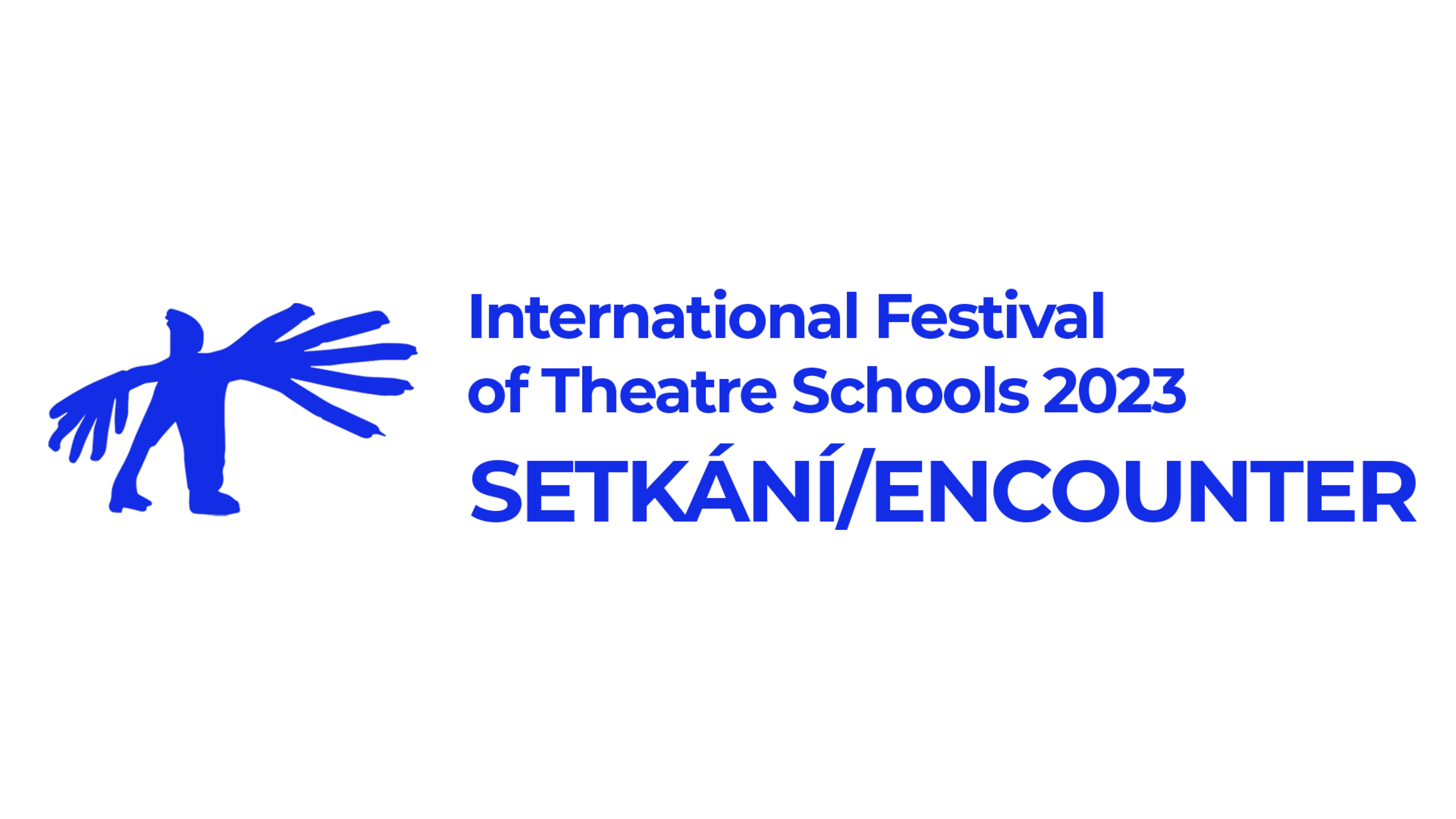
A bittersweet battle called Fortissimo
The struggle between the participants of the iconic Chopin Competition, held every five years in Warsaw, is a rewarding subject for a play. An international audience watches the struggle of young and promising pianists from all over the world who, in beautiful dresses and jackets, play the compositions of Fryderyk Chopin by the sweat of their brows to win the competition and secure a stellar career.
This is how the performance of the students of the Academy of Performing Arts in Krakow, directed by Marcin Libra, begins: elegantly dressed pianists enter the stage and demonstrate their struggle with various gestures and poses. The stage movement and acting performances are important aspects in this case, and both can be evaluated positively in the production. Many of the scenes impress with spectacular and thoughtful choreography and imaginative music. The acting, though sometimes overly schematic, is generally impressive. Most striking is the fact that the cast is made up of young, enthusiastic, and energetic people who are clearly comfortable together on stage.
The good interplay between the actors resonates especially in the numerous well-acted comedy scenes. Libra's production works really well as a comedy, with only the occasional more serious tone running through it.
And this is also perhaps the most problematic aspect of this production, as its serious subject matter, coupled with superhuman efforts accompanied by numerous setbacks, may have deserved a harsher portrayal (which, by the way, is not uncommon in Polish theatre).
In AST's production, however, the tragic passages are effectively drowned out by the juicy jokes that seep from everywhere.
I don't know if this was the director's intention.
Fortissimo's weakness is also its focus on too many themes at once (the physical and mental fatigue of the contestants, poverty, ridicule, competitiveness, etc.); the characters constantly refer to the same motifs. This chasing of many rabbits at once is reflected in the weak composition and somewhat exaggerated length of the play.
The performance contains numerous references to motifs strongly associated with Polish culture, which are probably incomprehensible to the vast majority of the international audience of the Encounter Festival.
Chopin's statement that he had no heart (in fact, it was removed after his death and incorporated into one of the columns of Warsaw's Holy Cross Church), repeated references to the famous Chopin monument in Warsaw's Łazienki Park, and a mention of Wedel chocolate are just a few.There are also (sometimes invented) Polish vulgarisms here and there in the play, which are difficult to translate into English subtitles. Had it not been for the language barrier, perhaps the Brno audience would have appreciated this performance even more, although from my observation they were satisfied with the performance anyway.


